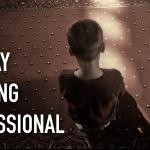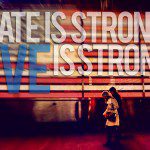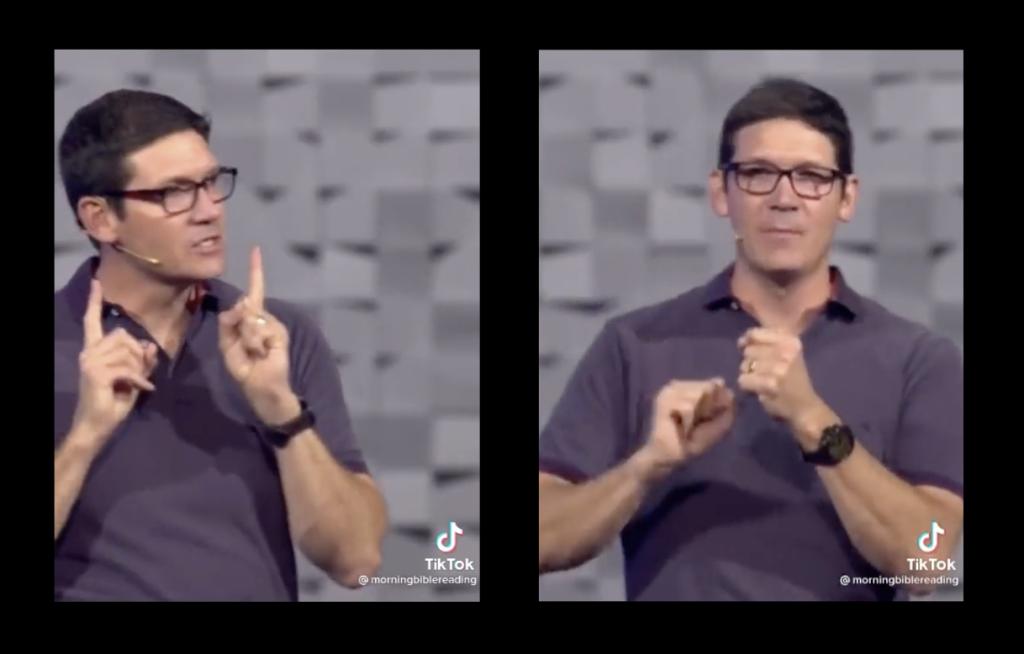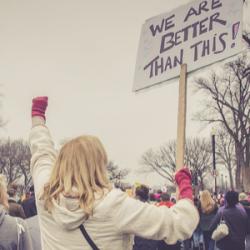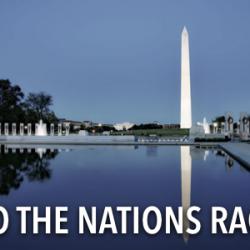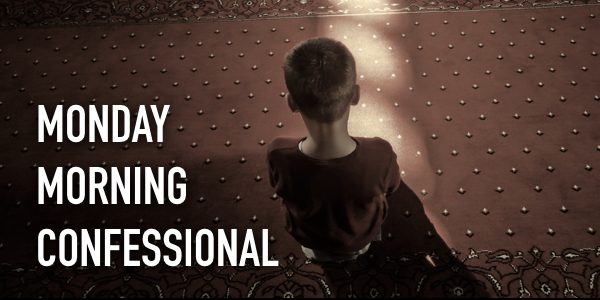 I confess that I’ve got a bunch of books going at once right now. This seems to be a summer thing for me. My reading is a little scattered because summer is so irritating and hot that I’m usually looking for a distraction that fits the particularities of my current (bad) mood. Summer sucks. I’ve already started a Monday Morning Confessional on why Summer is the worst season… but, back to my reading. Here’s the list.
I confess that I’ve got a bunch of books going at once right now. This seems to be a summer thing for me. My reading is a little scattered because summer is so irritating and hot that I’m usually looking for a distraction that fits the particularities of my current (bad) mood. Summer sucks. I’ve already started a Monday Morning Confessional on why Summer is the worst season… but, back to my reading. Here’s the list.
I’m slow-reading Ronald Rolheiser’s Sacred Fire: A Vision for a Deeper Human and Christian Maturity. I’m reading this every day, taking it a few paragraphs at a time and contemplating each concept slowly. The next day I review the previous day’s passage, and if I don’t feel like I’ve allowed it to call me into question yet, then I read it and consider it once again. One of my favorite quotes so far is: “The challenge is to live in purity of heart… to relate to others and the world in a way that respects and honors the full dignity, value, and destiny of every person and every being on the planet. To be pure of heart is to see others as God sees them and to love them.” Read that. Ponder every word. Make it your own commitment, and then try to separate a mother from her child at the border, simply because she’s seeking asylum from drug violence and corruption in her home country. Legal asylum seekers should be welcomed. They are the meek, and they will inherit the earth.
I’m also slow-reading Hauerwas’ book on Bonhoeffer, Performing the Faith: Bonhoeffer and the Practice of Nonviolence. It’s an academic read and I’m going slowly enough to try and internalize all of it, using the same method I talked about above. The similarities between Bonhoeffer’s struggle against right-wing extremism in his day mirror the struggle against right-wing extremism in America today. The book his helping me to expand my imagination, and reaffirming my commitments to pursuing the kingdom of God over and against any of the kingdom of this world. Not that I’m and expert, or even really good at this. My I know where my loyalties lie: to the brother and sisterhood of the human family, and the dream of worshipping Christ in all things.
I’m reading James Clapper’s memoir Facts and Fears: Hard Truths from a Life in Intelligence. It’s shedding some light on the past 25 years of U.S. Foreign policy, and also on the dark side and power wrangling of the U.S. capital. I’m obviously having to try and take it all with a grain of salt. It’s hard to tell if Clapper is trying to set the record straight, or just indoctrinate me. It’s helpful, though, if for no other reason other than to think through the major evens of the past two decades of U.S. domestic and foreign policy.
I’m re-reading Parker Palmer’s great book, Let Your Life Speak: Listening for the Voice of Vocation. I’m preaching through this book at Redemption Church right now. If you are interested in hearing some of my thoughts about the book, you can listen to these messages at the Redemption Church podcast, or at our website: www.RedemptionChurchKC.com. Were I try to convey the essence of the book in one quote, this would be it: “Before you tell your life what you intend to do with it, listen for what it intends to do with you. Before you tell your life what truths and values you have decided to live up to, let your life tell you what truths you embody, what values you represent.”
I’m also reading a new book, How Democracies Die, by Steven Levitsky and Daniel Ziblatt. It’s terrifying. The basic premise of the book is that Authoritarians no longer take countries over via military coup d’état, or any kind of blatant government takeover. They do what Hugo Chavez did in Venezuela, what Putin did in Russia. Here’s how they describe it: “Democracies may die at the hands not of generals but of elected leaders—presidents or prime ministers who subvert the very process that brought them to power. Some of these leaders dismantle democracy quickly, as Hitler did in the wake of the 1933 Reichstag fire in Germany. More often, though, democracies erode slowly, in barely visible steps.”
The Harvard political scientists who wrote the book identify the warning signs that a leader is a would-be authoritarian. The leader:
- Shows only a weak commitment to democratic rules.
- Denies the legitimacy of opponents.
- Tolerates violence.
- Shows some willingness to curb civil liberties or the media.
The authors warn that a politician who exhibits even one of these warning signs should be considered dangerous. Their assessment of our current situation is: “With the exception of Richard Nixon, no major-party presidential candidate met even one of these four criteria over the last century… Donald Trump met them all.”
Two more good quotes that seem really important. The first gives more detail about the problem we are facing:
“The fundamental problem facing American democracy remains extreme partisan division—one fueled not just by policy differences but by deeper sources of resentment, including racial and religious differences. America’s great polarization preceded the Trump presidency, and it is very likely to endure beyond it.”
The second gives an opinion about how to make things better:
“To save our democracy, Americans need to restore the basic norms that once protected it. But we must do more than that. We must extend those norms through the whole of a diverse society. We must make them truly inclusive. America’s democratic norms, at their core, have always been sound. But for much of our history, they were accompanied – indeed, sustained – by racial exclusion. Now those norms must be made to work in an age of racial equality and unprecedented ethnic diversity. Few societies in history have managed to be both multiracial and genuinely democratic. That is our challenge. It is also our opportunity.”


